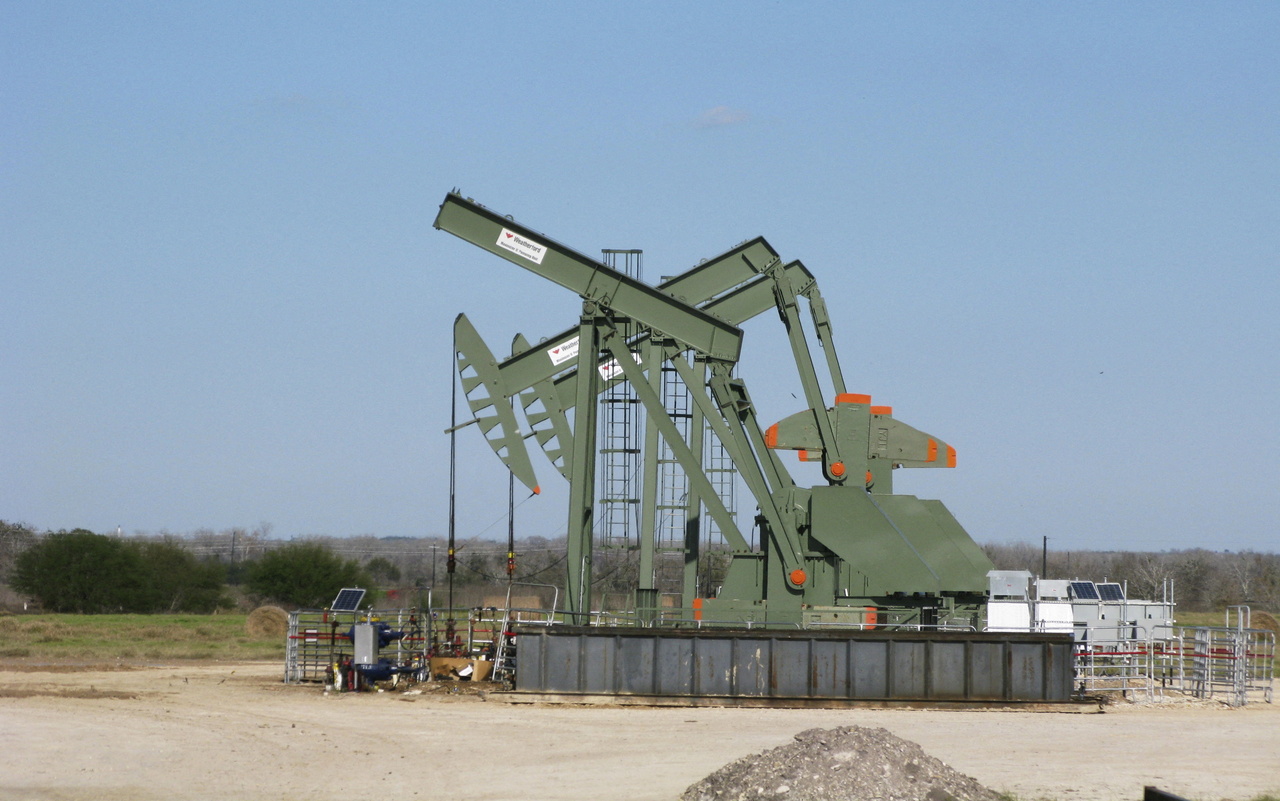Oil prices hit highest in more than 2 months ahead of EU meeting on Russia sanctions
Sign up now: Get ST's newsletters delivered to your inbox

Any further ban on Russian oil will tighten a crude market already strained for supply amid rising demand.
PHOTO: REUTERS
Follow topic:
SINGAPORE (REUTERS) - Oil prices climbed on Monday (May 30), hitting their highest in more than two months, as traders waited to see if the European Union (EU) would reach an agreement on banning Russian oil imports to sanction Moscow for its invasion of Ukraine.
The Brent crude futures contract for July, which expires on Tuesday, was up 37 US cents, or 0.3 per cent, at US$119.80 a barrel at 1.34pm Singapore time, after rising to as high as US$120.50 earlier in the session. The more active Brent contract for August rose 67 US cents, or 0.6 per cent, to US$116.23 a barrel.
Meanwhile US West Texas Intermediate (WTI) crude futures jumped 78 US cents, or 0.7 per cent, to US$115.85 a barrel, extending solid gains made last week.
The EU is due to meet on Monday and Tuesday to discuss a sixth package of sanctions against Russia for its invasion of Ukraine, which Moscow calls a "special operation" to disarm its neighbour.
“If we look at the recent price movement, it seems that market has factored in that the European Union may reach a deal on some form of restrictions on Russian crude,” said Madhavi Mehta, commodity research analyst at Kotak Securities.
“We may see further upside only if it is a complete ban. Any watered-down deal or one which includes exemptions may not have much positive impact,” she added.
EU governments failed to agree on an embargo on Russian oil on Sunday but will continue talks on a deal to ban seaborne deliveries of Russian oil while allowing deliveries by pipeline, ahead of the summit on Monday afternoon, officials said.
Any further ban on Russian oil would tighten a crude market already strained for supply amid rising demand for gasoline, diesel and jet fuel ahead of the peak summer demand season in the United States and Europe.
Sky-high refining margins for diesel and gasoline in Europe and the United States have sent prices for some types of physical crude oil to record highs, according to traders.
Underscoring market tightness, the Organisation of the Petroleum Exporting Countries and allies including Russia, together called Opec+, are set to rebuff Western calls to speed up their oil output additions when they meet on Thursday. They will stick to their plan to add 432,000 barrels per day in July, six Opec+ sources told Reuters.
The oil market was also on edge after Iran on Friday said its navy had seized two Greek oil tankers in retaliation over the confiscation of Iranian oil by the US from a tanker held off the Greek coast.
"This raises the spectre of further disruptions to oil flows through the Strait of Hormuz, which carries a third of the world's trade," ANZ Research analysts said in a note.
Oil prices were also supported by a fall in the US dollar as investors pared expectations for aggressive US rate hikes and as fears eased about a global recession. A weaker dollar makes oil less expensive for importers holding other currencies.

